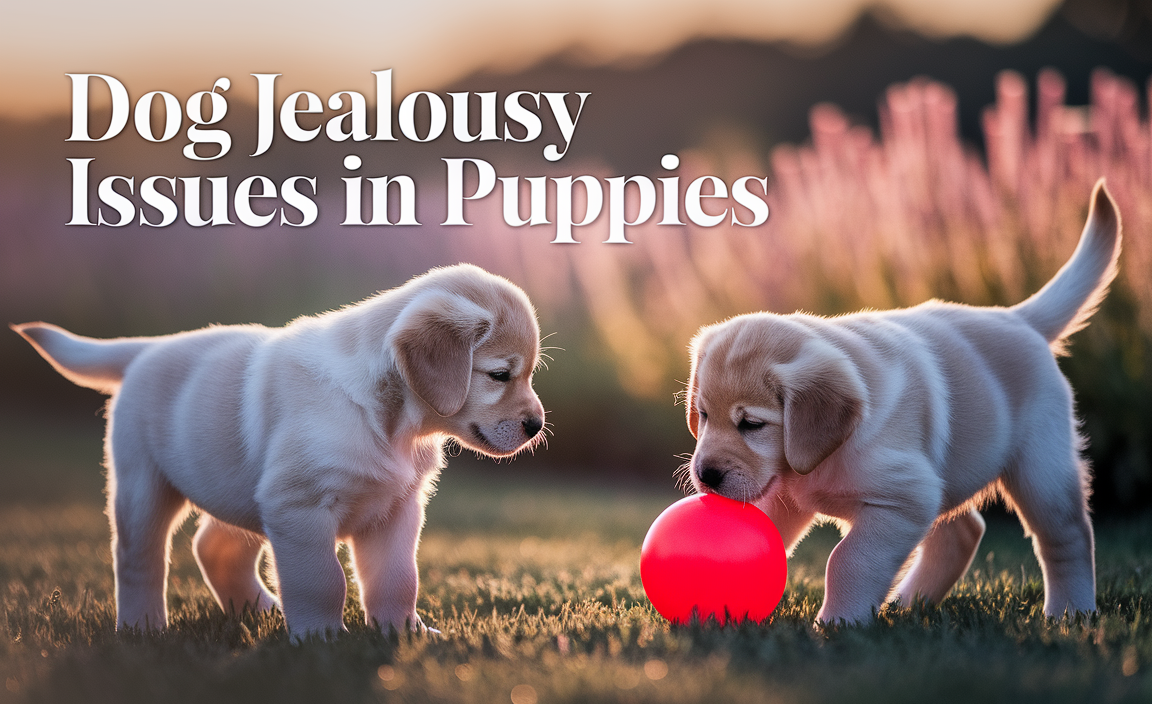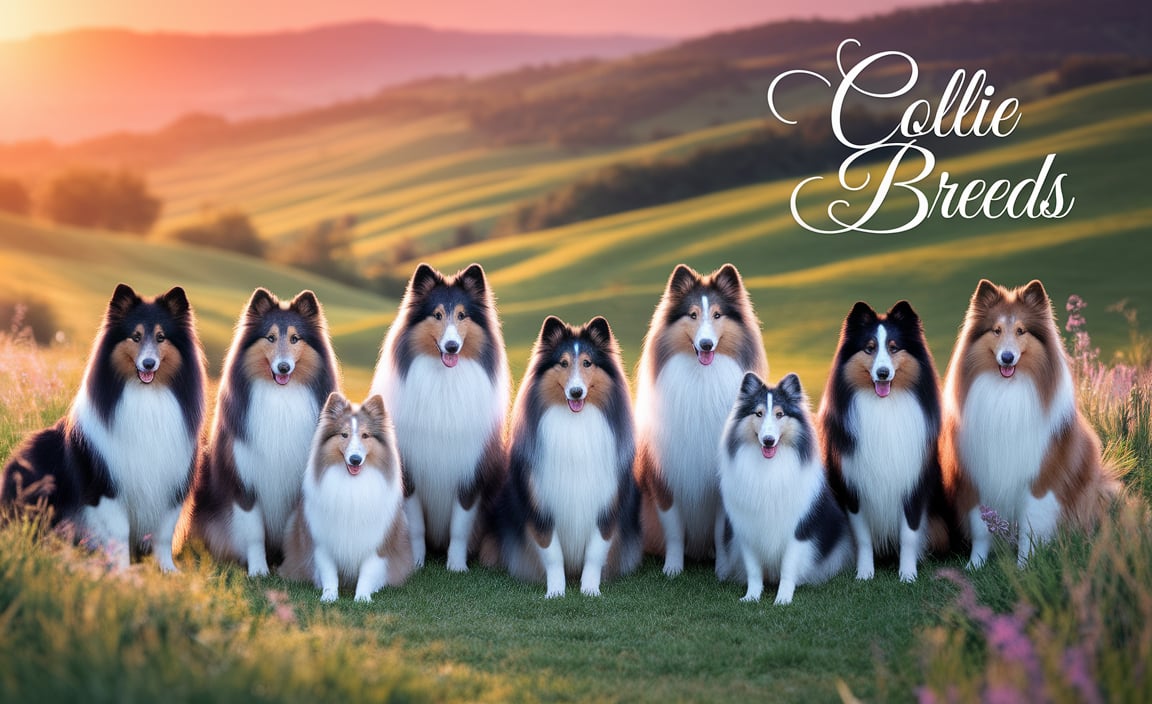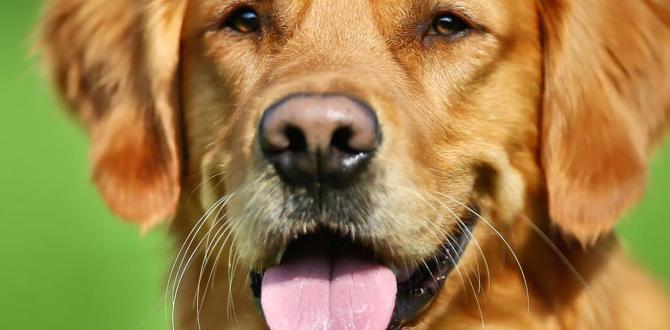Do puppies get jealous? Many dog owners have seen it. You pet another dog, and your puppy pushes in for attention. It’s like they don’t want to share you. Understanding dog jealousy issues in puppies is important. It helps keep everyone happy. Let’s explore this together.

Key Takeaways
- Jealousy in puppies is common and normal.
- Understanding puppy behavior helps minimize jealousy.
- Training can reduce dog jealousy issues in puppies.
- Proper socialization prevents jealous behavior.
- Jealousy can affect puppy relationships with others.
Signs of Jealousy in Puppies
Puppies show jealousy in different ways. They may whine, bark, or push between you and another dog. These signs are their way of telling you they want attention. They might also become clingy or even disrupt the situation. It’s important to notice these signs early. This way, you can address the behavior before it becomes a problem.
- Whining or barking when ignored.
- Pushing between you and others.
- Clinginess to their owner.
- Disruptive behavior.
- Avoidance of other dogs.
- Attention-seeking actions.
To help your puppy, observe their actions. Redirect their energy positively. Use toys or treat puzzles. This can shift their focus and help them feel secure. Jealousy in puppies is manageable with patience. Understanding these signs is the first step to a healthier relationship.
Fun Fact or Stats: Did you know that dogs can experience emotions similar to toddlers?
Why Puppies Get Jealous
Why do puppies get jealous? The answer lies in their need for love. Puppies see their owner as their whole world. When attention shifts to another dog, they feel left out. This feeling can trigger jealousy. Puppies are like small children. They crave attention and reassurance. Without it, they might act out. Knowing this helps us understand their actions better.
- Desire for attention.
- Feeling left out.
- Need for reassurance.
- Attachment to owner.
- Insecurity when ignored.
- Natural competitive instincts.
- Protective nature.
To ease jealousy, give your puppy plenty of love. Balance attention between dogs. Training can also help them feel secure. Understanding why they feel jealous is vital. It allows you to address the root of the problem. This leads to a happier, more relaxed puppy.
Fun Fact or Stats: Puppies can bond with humans as strongly as they do with their littermates!
How to Reduce Jealousy in Puppies
Reducing puppy jealousy takes time and effort. Start by giving each dog individual attention. This can help them feel valued. Training sessions are also important. Teaching basic commands can distract from jealous feelings. Using positive reinforcement makes them feel good about themselves. Socializing your puppy with others helps too. They learn to share and play nicely.
- Individual attention time.
- Regular training sessions.
- Positive reinforcement techniques.
- Socialization with other puppies.
- Structured play dates.
- Reward calm behavior.
Every puppy is different. Find what works best for yours. Be patient and consistent. Training and socialization are key. They help puppies understand that sharing is okay. Soon, your puppy will learn that being with others can be fun too.
Fun Fact or Stats: Consistent training can decrease jealousy-related behaviors by up to 50%!
The Role of Socialization
Socialization is crucial for puppies. It helps them learn how to behave around others. Without it, they might feel scared or jealous. Introduce your puppy to different dogs and people. This teaches them that there’s enough love to go around. Socialization helps puppies feel secure. They learn that sharing their human is okay. It’s a vital part of reducing jealousy.
- Introduce to new dogs.
- Meet different people.
- Attend puppy classes.
- Organize play dates.
- Expose to different environments.
- Positive experiences with others.
- Learn proper play etiquette.
Help your puppy by making socialization fun. Praise and rewards go a long way. They encourage positive interactions. Over time, your puppy will be more comfortable around others. They will learn to enjoy new friends and experiences.
Fun Fact or Stats: Puppies that socialize early grow up to be more confident dogs.
Training Techniques to Address Jealousy
Training is key in handling dog jealousy issues in puppies. Start with basic commands. Use “sit,” “stay,” and “leave it” to manage behavior. Positive reinforcement works best. Reward good behavior with treats or playtime. Consistency in training helps puppies learn. They start to understand what is expected. Over time, jealousy decreases.
- Use basic commands.
- Implement positive reinforcement.
- Be consistent in training schedules.
- Reward good behavior.
- Redirect negative behavior.
- Use toys for distraction.
- Teach patience and sharing.
Training isn’t just about commands. It’s about building trust. A well-trained puppy feels secure. They are less likely to become jealous. Remember, training takes time and patience. Stick with it, and you’ll see results.
Fun Fact or Stats: Puppies can start learning commands as early as eight weeks old!
Understanding Puppy Emotions
Puppies have emotions just like us. They feel happy, sad, and even jealous. Understanding their emotional needs is important. Puppies communicate through body language and behavior. When a puppy feels jealous, it might act out. It’s their way of saying, “Please notice me!” Recognizing these emotional cues helps us respond better. We can offer comfort and reassurance when needed.
- Recognize body language.
- Understand puppy behaviors.
- Provide comfort when needed.
- Offer consistent reassurance.
- Establish a routine.
- Encourage positive interactions.
- Acknowledge their needs.
Pay attention to your puppy’s feelings. Responding with care strengthens your bond. It also fosters a secure environment for them. This makes jealousy less likely. Puppies may not speak our language, but they communicate in their own way.
Fun Fact or Stats: Puppies have been shown to mirror human emotions!
Conclusion
Addressing dog jealousy issues in puppies involves understanding and patience. Recognize their emotions and provide support. Use training and socialization to reduce jealousy. Remember, a happy puppy equals a happy home.
FAQs
Question: How can I tell if my puppy is jealous?
Answer: Look for signs like whining, barking, or pushing between you and others. These actions indicate they want more attention. Observing these behaviors helps address jealousy early.
Question: What causes dog jealousy issues in puppies?
Answer: Dog jealousy issues in puppies typically arise from a need for attention. Puppies see their owner as their world. When attention shifts, they feel left out.
Question: Can training help reduce jealousy in puppies?
Answer: Yes, training is very helpful. Commands like “sit” and “stay” manage jealous behavior. Consistent training makes puppies feel more secure and less likely to be jealous.
Question: Is socialization important for reducing jealousy?
Answer: Absolutely. Socialization helps puppies learn to share and play with others. It teaches them that there’s enough love and attention to go around.
Question: What if my puppy’s jealousy doesn’t improve?
Answer: If jealousy persists, consult a professional trainer. They can offer personalized advice. Sometimes, additional support is needed to manage behavior effectively.
Question: How does understanding my puppy’s emotions help?
Answer: Recognizing your puppy’s emotional needs helps you respond appropriately. This strengthens your bond and creates a secure environment, reducing jealousy.
Meet Elyse Colburn, the devoted canine companion and storyteller behind the enchanting world of “Tales, Tails, and Adventures Unleashed.” A passionate dog enthusiast with a heart full of paw prints, Elyse Colburn shares heartwarming tales and insightful adventures, celebrating the joy, loyalty, and endless antics that make every dog a true hero. Join Elyse Colburn on this tail-wagging journey, where every post is a love letter to our four-legged friends.








